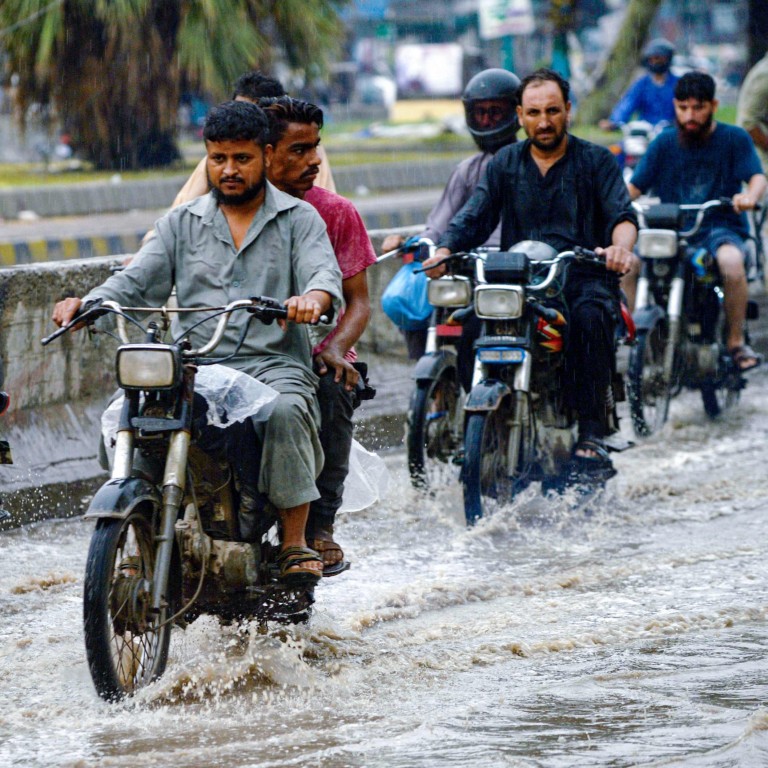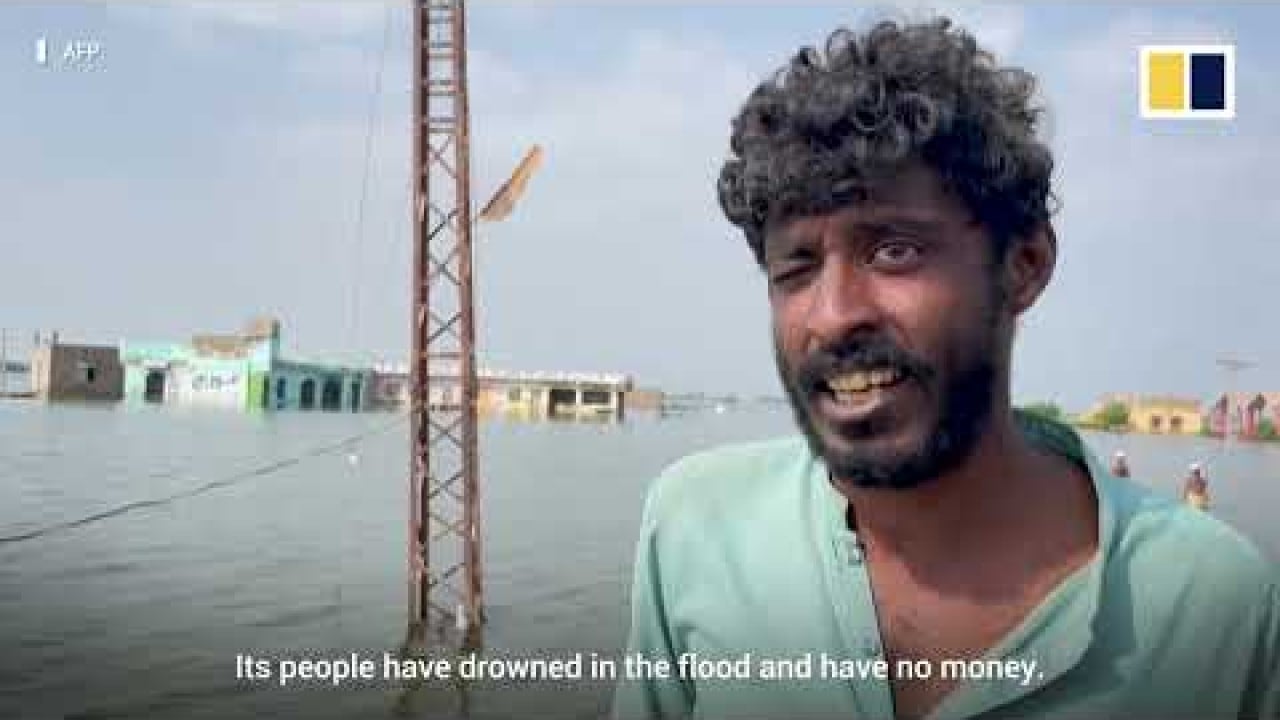
Amid economic uncertainty, multilateral development banks can lead with sustainable investments
- Multilateral development banks are uniquely placed to mobilise public and private money to tackle the economic factors stunting growth and sustainable development
- They can help drive capital towards projects that address the economic impact of climate change or lack of digital infrastructure across emerging economies
Multilateral development banks (MDBs) can play a vital role in tackling urgent economic challenges linked to geopolitics and climate change.
MDBs are well placed to address these challenges and the Asian Infrastructure Investment Bank (AIIB) will do so at its seventh annual meeting this week. With their influence and economic credibility, MDBs are in a unique position: they can improve connectivity within and across countries, build technological infrastructure and accelerate digital innovation.
This includes everything from hard infrastructure, such as roads, railways and energy networks, to digital infrastructure, such as broadband and data centres.
Big business? Big government? For social change, we need a third way
So far, US$150 million has been committed towards developing infrastructure, including reconverting facilities into greener data centres. It’s one of the biggest investments in data centres ever made by an MDB and is helping to unlock a fast-moving, innovative field of research.
MDBs are also key in mastering the climate crisis. They can mobilise private and state capital across their members and towards regions at the forefront of this crisis. And they can see beyond country and region-specific issues, and encourage public and private investment towards international climate resilience and adaptation.
Moreover, the role of the private sector needs to be strengthened. As an MDB, we also want to mobilise private capital towards projects that improve lives and make it possible for people and businesses to prosper.
For example, the AIIB is part of a private and state investment partnership to create the Karachi Bus Rapid Transit Red Line Project in Pakistan, a 26.6km (16.5-mile) corridor to link densely populated areas in the city that are in need of better connections.
So far, the AIIB has invested around US$72 million in the project, which aims to boost efficiency across Karachi’s bus networks, reduce journey times, cut the cost of commuting and improve safety for female passengers.
Global infrastructure: why we must build back better together
It’s an unusual opportunity to invest in a major infrastructure project that could connect diverse regions in one of Asia’s biggest megacities. Public funding is important, but multilateral support and cooperation with the private sector and MDBs is vital to success.
MDBs can also help private investors overcome regulatory obstacles and back innovative projects that unlock growth. Around seven per cent of globally tracked climate finance is being directed towards adaptation and resilience, with almost none of this coming from private sources. It is something that needs to change in the fight to meet international climate commitments.
These are just some examples of innovative initiatives that, through agility and operating to the highest international standards, MDBs, including the AIIB, apply to master the climate crisis, foster sustainable growth and stability, and enhance global connectivity.
There has never been a better time for MDBs to lead the way in solving our challenges, by working with governments and investors. We’re hopeful that collaborative investment in smart, climate-related initiatives and infrastructure projects will benefit future generations long after the dust from today’s geopolitical uncertainty has settled.
Ludger Schuknecht is vice-president and corporate secretary at the Asian Infrastructure Investment Bank, which is hosting its seventh annual meeting on October 26-27

.jpg?itok=KI97ktS4&v=1666710217)

